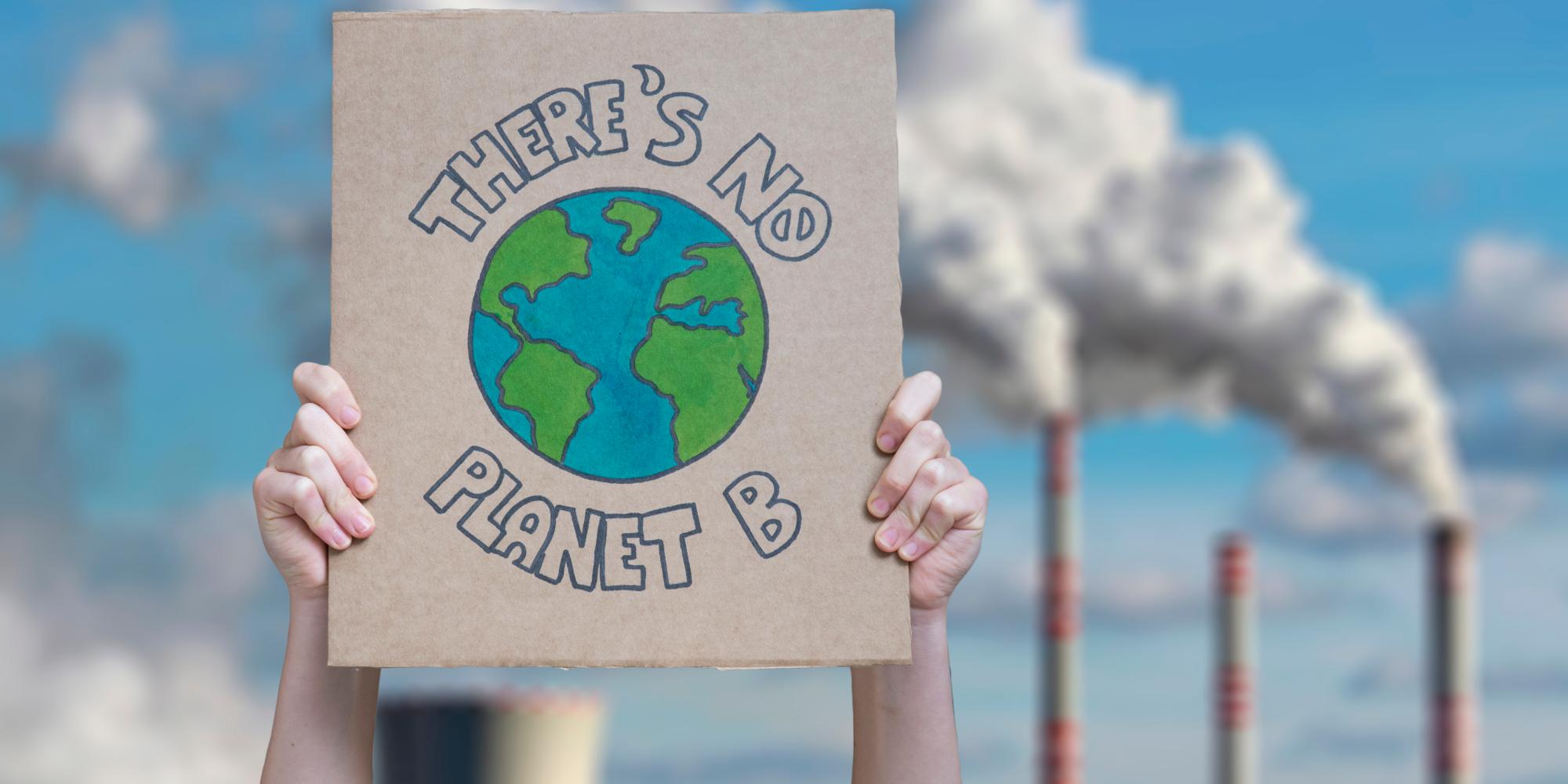
As part of our climate justice blog series we think it is important to reflect on our day to day work as a social enterprise and its effect on global health, climate and nature. We hope our reflections on recent steps taken to green our systems and processes can inspire other small businesses in the consultancy sector on developing smarter eco-conscious practices.
In 2019, Social Development Direct (SDDirect) established an environmental committee in response to an organisation-wide learning day on climate justice. Staff and senior associates sat in one room to assess the direct impact of the climate crisis on the way we work. In addition to technical service delivery on gender and climate justice, we were left with an outstanding question: “how can we do more to mainstream climate considerations effectively across our operations”?
The environmental committee’s work has evolved against the backdrop of the global response to the COVID-19 virus. For example, environmental questions have come into sharper focus in our professional lives at a time when local and international travel is at a bigger risk of being disrupted and over 52% of employees are considering going hybrid or remote in the year ahead. Meanwhile, businesses like SDDirect are increasingly looking to adopt robust, agile and innovative ways to bring value for money green solutions to international development commercial contracts.
With a vision of achieving inclusive, sustainable and environmental justice for all, we ask four headline questions:
1. How can we look internally to make a difference?
Across our operations and services we try to consciously integrate climate positive action where we can. Moreover we have signed up to the Race to Zero to halve our greenhouse gas emissions before 2030, achieve net zero emissions before 2050 and disclose our progress on a yearly basis. We convene learning lunches to educate our team on climate, we collaborate with our parent company Plan UK, and we recently joined the Heart of the City Foundations for Responsible Business Programme.
2. How do we approach international travel in the future?
During the pandemic, we found ourselves delivering complex technical assistance and research across the world entirely remotely. Our biggest carbon output - international travel - was immediately stopped. We learnt how to adapt; for example we successful delivered a remote endline evaluation of a women’s empowerment and rights project in three different countries. We use the latest technologies to ensure capacity building and trainings continue to be participatory, inclusive and accessible for global audiences. We work towards quality partnerships with civil society in the Global South. We recognise that transparency and accountability is key to avoid ‘greenwashing’ and as we reconsider how we use travel as a consultancy, we’ve found that green and sustainable alternatives improve the overall quality and impact of the way we operate in partnership with our allies.
3. How do we integrate climate justice into budget decisions?
Following COP26, our climate-resilient operational capacity needs to continue prioritising social value in our decision-making as we build back together. FCDO has committed to unlock an additional $3 billion of climate finance for partner countries in its latest strategy for international development. We’ve learnt that ethical, sustainable, and inclusive quality assurance processes increase impact in delivery. We are ensuring an intersectional approach to help address risks of leaving people behind in climate response and resilience and believe small businesses perform better when they align commercial decision-making with climate and social value commitments to ensure marginalised groups are not ignored and climate-resilient investments are inclusive.
4. How can consultancy staff make a difference?
We assessed which areas of our work had the greatest impact on the environment and what steps staff at SDDirect could take. This included:
-
Scrutinising our supply chain;
-
Starting a journey towards becoming paperless researchers;
-
Considering alternative travel options to reduce our consultancy carbon footprint;
-
Staff lobbying our company's pension scheme requesting they offer greener investment options.
By engaging staff in eco-conscious initiatives, we kick started a broader conversation about how we reduce environmental risks at a systemic level at our organisation.
SDDirect has committed to step up and to do better across our day-to-day operations and we are seeing an increased appetite among clients to address environmental issues head on. We want to prioritise sustainability today to prepare for tomorrow. We also recognise that tackling the climate crisis requires international cooperation, and welcome feedback from others.
Jemma Qariuti and Pierrot Lee are members of the SDDirect eco-committee, which is responsible for driving forward our ambition on climate justice and holding the company to its principles and values on environmental issues and carbon reduction. The committee has representatives from every department and meets once a month.